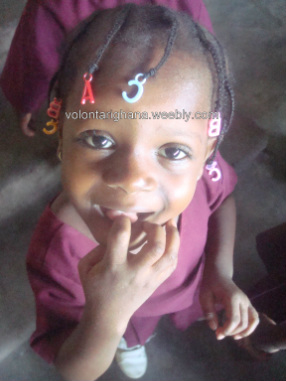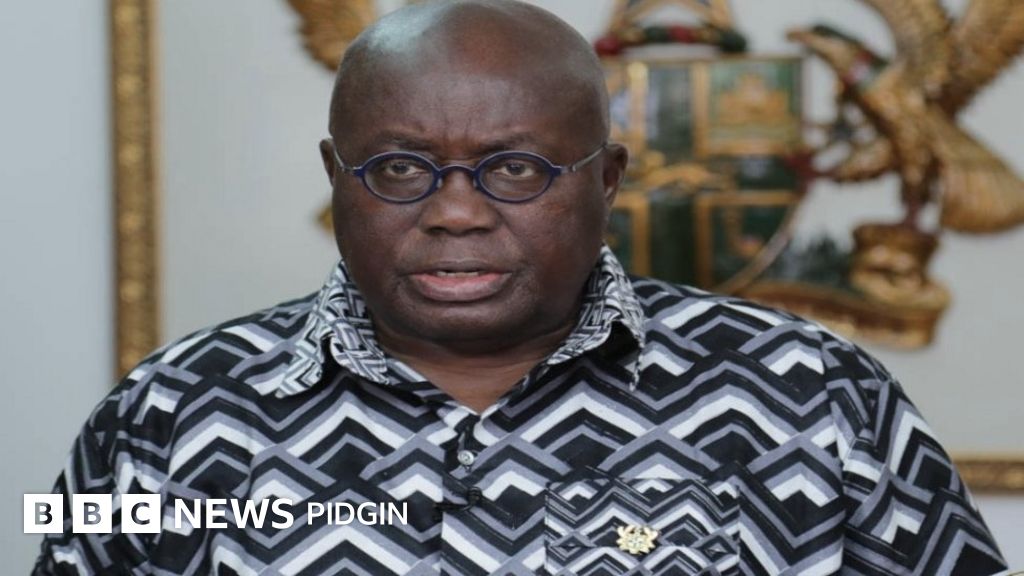

Out of the many dialects of Ewe spoken in Ghana, the major ones are Anlo, Tongu, Vedome, Gbi, and Krepi.ĭagbani is one of the Gur languages. The Ewe Language is spoken in Ghana, Togo and Benin with a trace of the language in West Nigeria. Ewe Įwe is a Gbe language, part of the Volta–Niger branch of the Niger–Congo family. Taken as a whole, Akan is the most-widely spoken language in Ghana. All these languages belong to the Niger–Congo language family, though to several different branches.Īkan (Fante, Bono, Asante Twi and Akuapem Twi) Īkan, part of the Kwa branch of the Niger–Congo family, is a dialect continuum, but with regard to official status, only a few out of the many varieties of Akan are recognised: Bono, Fante, Asante Twi, Akuapem Twi. They are supported by the Bureau of Ghana Languages, which was established in 1951 and publishes materials in the languages during the periods when Ghanaian languages were used in primary education, these were the languages which were used. The number of government-sponsored languages is either eleven or nine, depending on whether or not Bono, Akuapem Twi, Asante Twi, and Fante are considered a single language. In April 2019, the Ghanaian government declared its intention to make French one of Ghana's official languages due to the country being surrounded by Francophone countries ( Burkina Faso, the Ivory Coast and Togo) and the presence of a French speaking minority in the country.

The others are Ewe, Dangme, Ga, Nzema, Gonja, and Kasem. The Mole-Dagbani languages are spoken by more than 20% of the population.Įleven languages have the status of government-sponsored languages: three Akan ethnic languages ( Akuapem Twi, Asante Twi and Fante) and two Mole-Dagbani ethnic languages ( Dagaare and Dagbanli). The Dagbanli, Nanumba and Mamprusi languages of Northern Region, are almost the same and, are mutually intelligible with the Frafra and Waali languages of the Upper East and Upper West Regions of Ghana. Languages that belong to the same ethnic group are usually mutually intelligible.

Ghana has more than seventy ethnic groups, each with its own distinct language. Dagbani is most widely spoken in the north. Of the languages indigenous to Ghana, Akan is the most widely spoken in the south. Of these, English, which was inherited from the colonial era, is the official language and lingua franca. Ghana is a multilingual country in which about eighty languages are spoken.


 0 kommentar(er)
0 kommentar(er)
